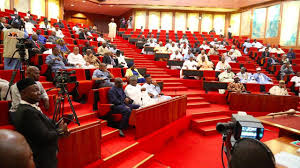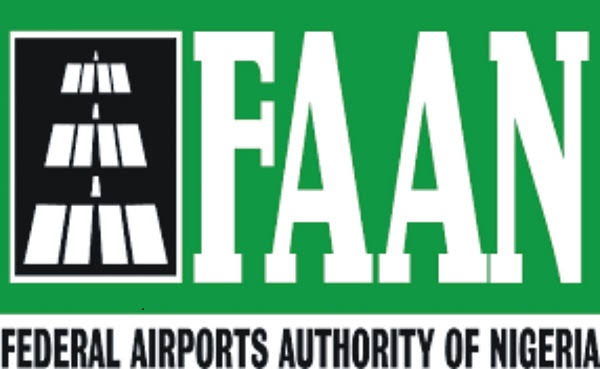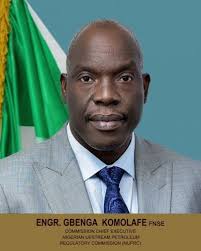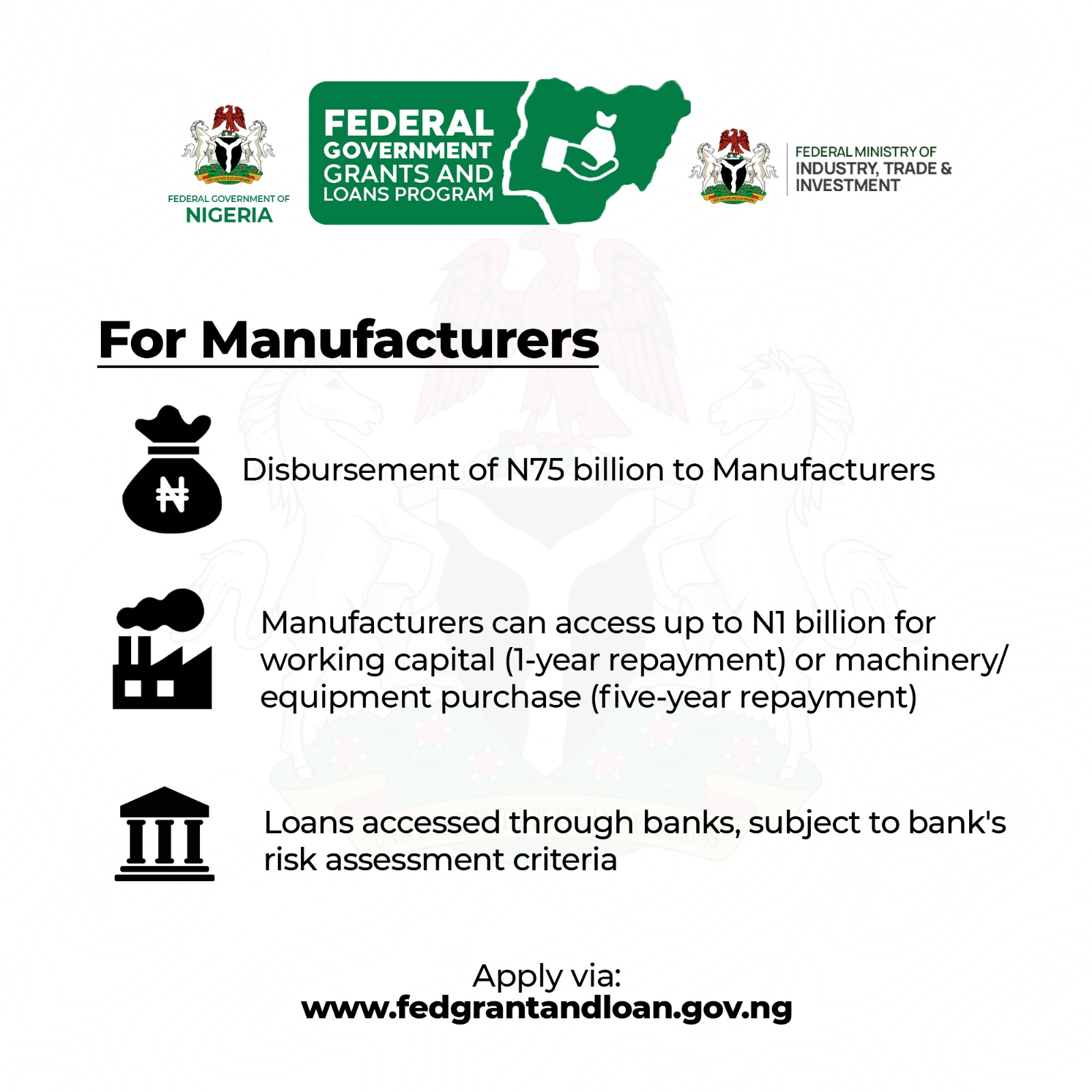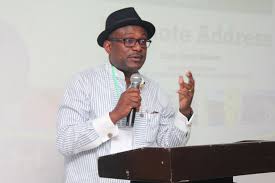
NCDMB Assesses Implementation Of 10-Year Strategic Roadmap
Mohammed Shosanya The Nigerian Content Development and Monitoring Board (NCDMB) has completed 83 per cent of the 96 initiatives in the implementation of the 10-year strategic roadmap that was launched in 2017


